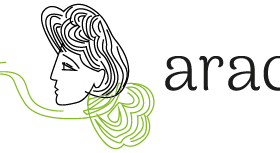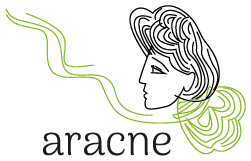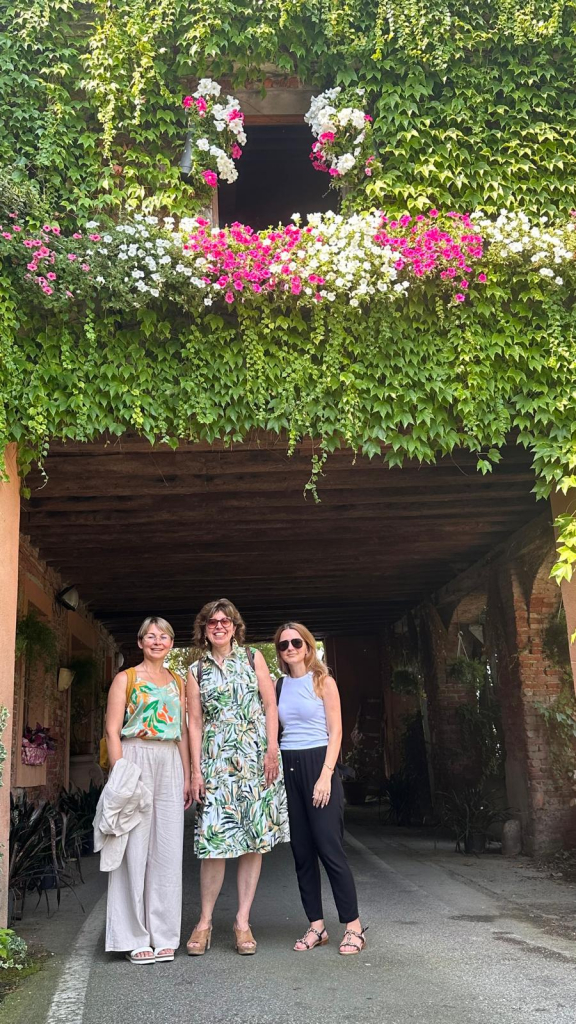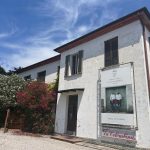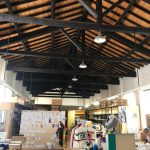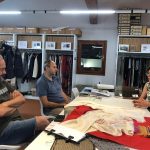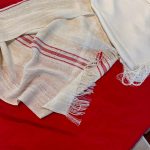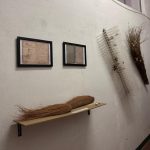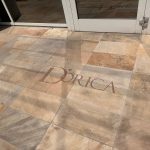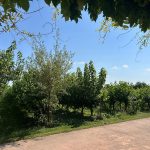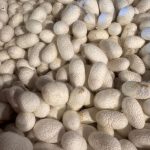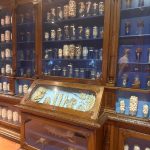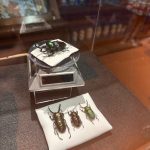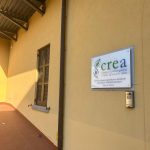On Wednesday, July 17th, and Thursday, July 18th, representatives from Iniziativa engaged in a two-day visit to the CREA Coordinator in Padua, as part of the ARACNE project. The visit focused on discovering various entrepreneurial ventures tied to the silk industry in the beautiful Italian region of Veneto.
The partners began their journey at the Garden Center Lino Bernardo in Massanzago, a company with extensive experience in nursery operations and the design and construction of parks and gardens. Currently, Lino Bernardo specializes in producing mulberry cuttings and played a crucial role in founding the Network of Agricultural Companies “Bachicoltura Setica” (Fair Sericulture) in 2017, with Lino Bernardo serving as its President.
Next, they visited Tessitura La Colombina in Badoere, a silk mill founded in 1895 by Angelo Colombo. Today, it is known for producing the prestigious products of Nicki Colombo. The creative collections by brothers Carlo and Mario Colombo stand out for their innovative designs, weaving techniques, and unique combinations of shapes, yarns, and colors. Their deep knowledge of the textile world has been passed down through generations, resulting in elegant and refined designs.
The tour continued at D’orica, a jewellery company established in 1989 and the first B Corp in the jewellery sector. Founders Giampietro Zonta and Daniela Raccanello are committed to environmental sustainability and social responsibility. They have created a unique jewellery collection that combines Fair Trade gold and 100% Italian silk, reflecting their respect for both people and tradition.
The partners also met with various farmers across the vast green landscapes of the Veneto Region, all of whom share a deep love for their land and Venetian traditions. It was noted that these enterprises are connected by a common thread: their ancestors’ dedication to sericulture, which has left a lasting legacy in their current operations.
Additionally, the visit included a stop at the Esapolis Museum near the CREA headquarters in Padua. Esapolis is Italy’s first large-scale insectarium, housed in a beautifully restored early 20th-century building. The museum boasts one of the most important historical collections of tools, books, and silkworm cocoons from around the world.
The two-day visit highlighted the strong historical and cultural ties that bind these diverse enterprises in the Veneto region. Their shared heritage in silk farming underscores the enduring legacy of sericulture, which must now be fully valued for the complete revitalization of the sector at both national and, especially, European levels.
A heartfelt thank you to all those who made these visits possible and welcomed us during these days.
